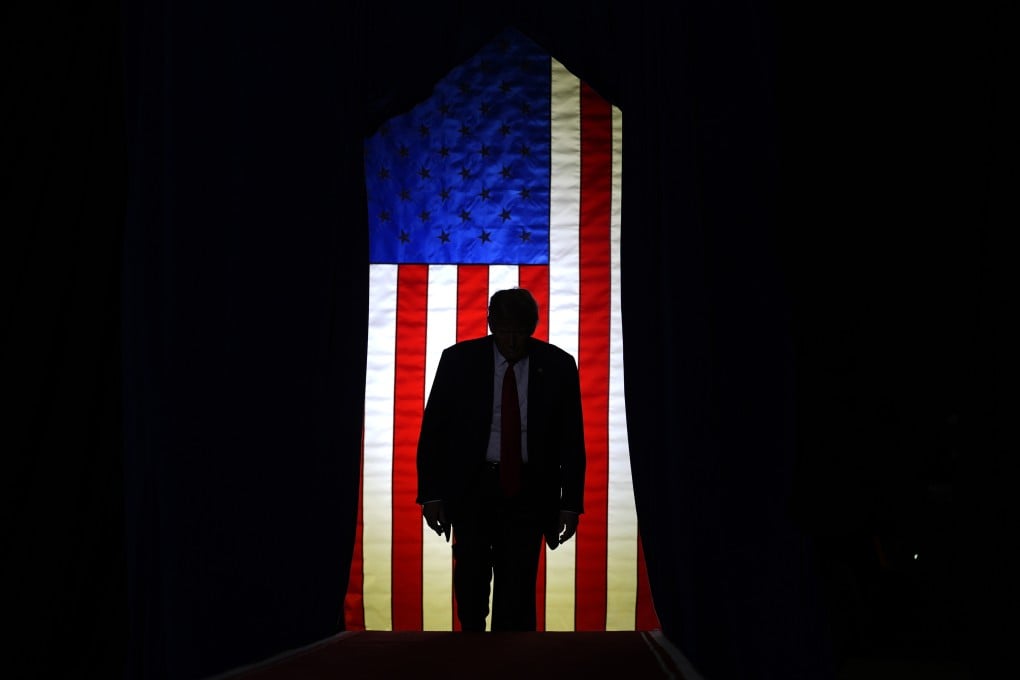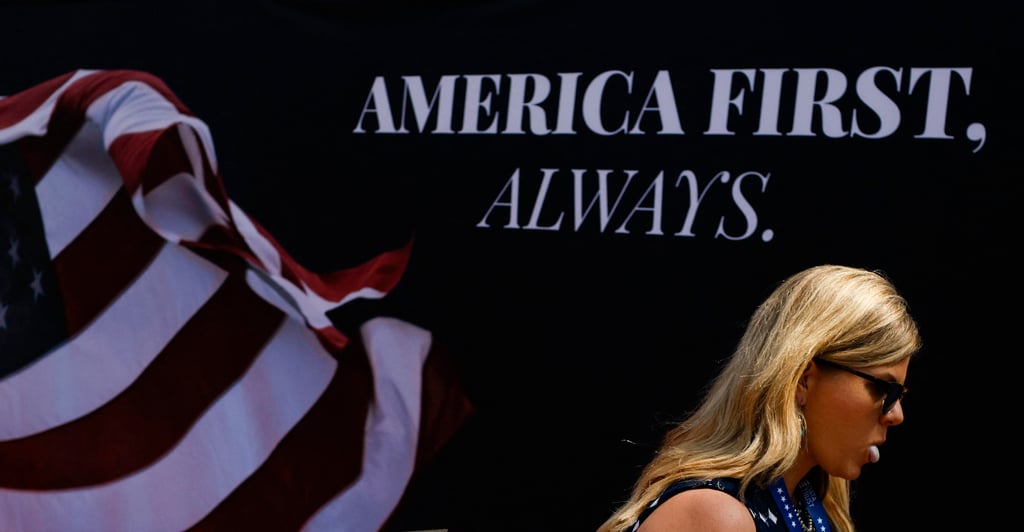Advertisement
Making Asia Grimace Again? Idea of Trump 2.0 White House fuels regional unease
- Asian nations are watching the 2024 US election with trepidation, worried a Trump comeback could upend the geopolitical landscape once more
Reading Time:8 minutes
Why you can trust SCMP
11

As the US presidential race takes one twist after another, one constant remains: Donald Trump’s relentless pursuit of a return to the Oval Office.
Despite losing some momentum as donors and Democrats rallied behind Kamala Harris after Joe Biden dropped out of the running for November’s election, the prospect of a potential “Trump 2.0” scenario continues to weigh heavily on policymakers and observers across Asia.
The anxieties reached new heights in the aftermath of Biden’s disastrous debate performance earlier this month, coupled with a failed assassination attempt on Trump that only seemed to boost his popularity. This turn of events has forced a reckoning in a region already grappling with the legacy of former US president’s “America First” approach during his first tenure from 2017-2021.
While some have suggested a re-elected Trump may return to a pattern of “benign neglect” given his lack of a clear Asia strategy, others note that the mere anticipation of his comeback has already driven key US allies like Australia, Japan and South Korea to deepen cooperation with one another.
Analysts say one of the most enduring legacies of his first term in office was the US’ withdrawal from the Trans-Pacific Partnership (TPP), cautioning that a second Trump term could further strain ties with China and undermine the foundations of US-led defence networks.

“If a second Trump administration acts on its stated commitments to ramp up tariffs on allies and adversaries alike and slash development assistance, the US will have fewer carrots in its toolkit when engaging prospective partners,” said Alice Nason, a senior research associate in foreign policy and defence programme at the University of Sydney’s United States Studies Centre.
Advertisement